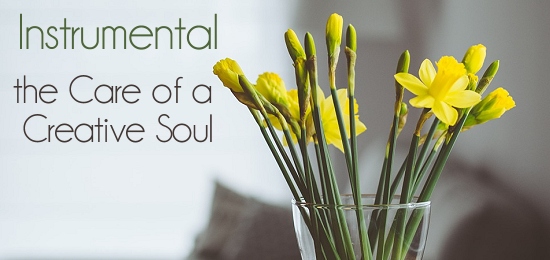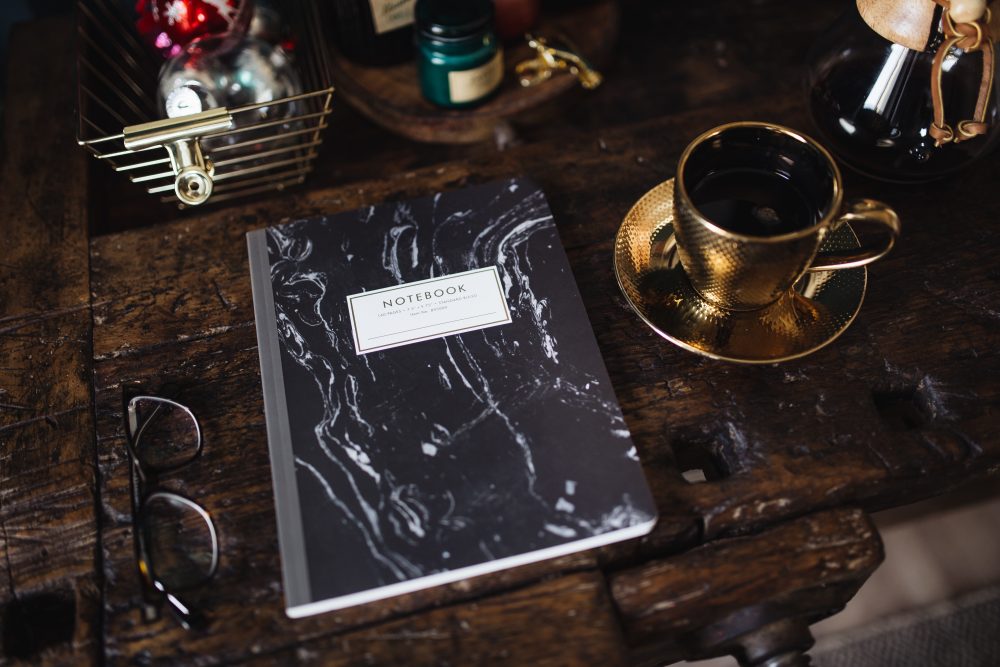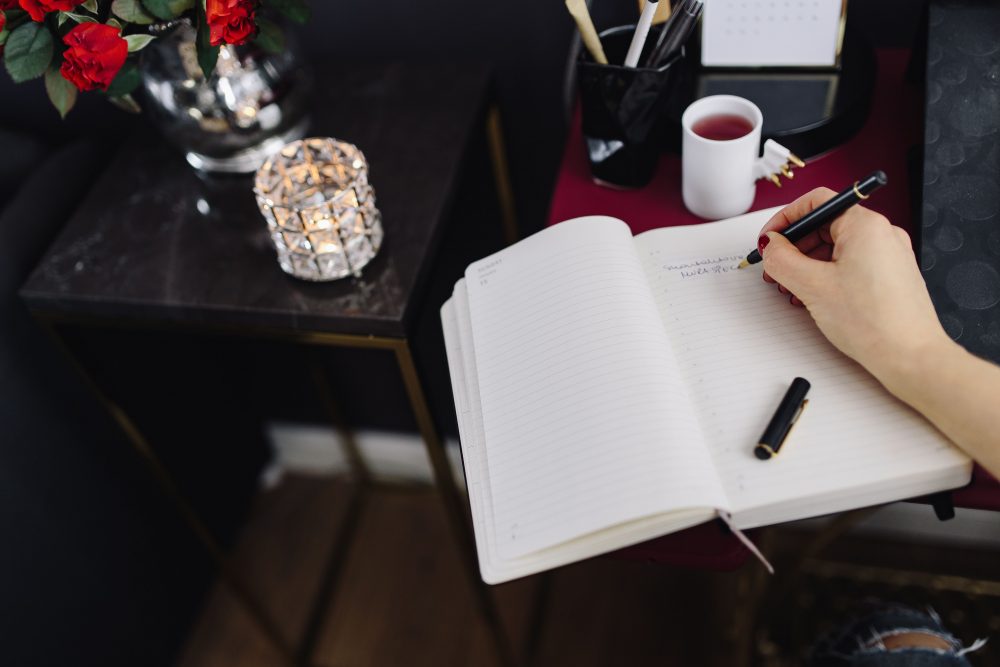
Mindfulness is an important practice for the creative individual, and mindfulness may be defined as being in the here and now. This practice is essential for the best writing, because it taps into the messages of your heart and soul. Being mindful entails awareness and interconnectedness between your inner and outer worlds. If we are more awake and alert, we can more easily receive the messages from within us and from the universe.
In her book, The True Secret of Writing, Natalie Goldberg (2013) reminds us of the importance of mindfulness as we move about our day, whether we are writing, doing errands, or engaging in interpersonal relationships. Some of the characteristics of mindfulness also include being nonjudgmental, being patient, being accepting, trusting, maintaining the beginner’s mind, and letting go.
When considering mindfulness practice or how to quiet your mind, try to sit for a minute and think about what calms you and contemplate how you can incorporate those things into your daily life. Even just a few minutes of walking meditation or mindful breathing can bring you into the present moment. In addition to incorporating mindfulness into your day, such as when standing in line at a store, it is good to practice it before sitting down to write.

My day always begins with a meditation, sometimes even before my coffee. Sometimes I do a shorter meditation later in the afternoon to give me a boost of energy.
Goldberg, in her Zen writing retreats reminds her students to anchor their mind to their breath by using paper and pen to write. This helps you stay in the moment, as does the mantra, “Sit. Walk. Write.”—which she calls the “true secret.”
Even though the mind is a wonderful thing, it can sometimes get in the way of creativity, mainly because the voices in our heads can get in the way of what our heart wants to say. In fact, sometimes the voice in our head turns to the dark part of ourselves. This voice can point to feelings of fear, guilt, anger, sadness, envy, and resentment, instead of a sense of lightness of being. It might seem like a nagging parent or spouse.
The ego has the ability to create false thoughts, which is the inner chatter we hear most often. In fact, it is the voice in our heads that we sometimes try to tell to “shut up.” Otherwise, we can become overwhelmed by these thoughts and lose touch with reality.
This is one reason why during meditation it is a good idea to let thoughts come and go, rather than becoming obsessed by them or focusing on any one in particular. If you focus too intensely on your thoughts, the chance is greater for you to lose touch with the here and now. On a trip to Maui for a writer’s retreat a few years back, I met with Ram Dass, who continues to relay his very important message of “be here now,” dating way back to the 1960s and 1970s.
Those who live in the present moment, often come across as being more grounded. As Ram Dass says, “When you meet a being who is centered you always know it. You always feel a kind of calm, emanation. It always touches you in that place where you feel calm,” he says. The more we bring our focus into the present moment, the more we experience the bliss and joy of that moment and what our true essence is.

I want to leave you with a couple of writing prompts to help you cultivate mindfulness for your creative life.
Writing Prompt
Practice focusing on the here and now. Take a few slow, deep breaths and focus on your belly. What are you seeing, sensing, hearing, or intuiting at this moment? Ask inside your body what you are feeling. Do you feel discomfort anywhere? Does an image pop into your mind? This is body intelligence.
Writing Prompt
Describe the person your mind thinks you are. What do you look like? What do you believe? What is your connection with the universe or loved ones? Have someone else write about you. Is how they perceive you the same as how you perceive yourself ?
Check in tomorrow for Part Two, focusing on Mindful Meditation. There will be writing prompts for that, too!
About the Author: Diana Raab

Diana Raab, PhD, MFA, is an award-winner writer, speaker, and educator. She’s an advocate of writing for healing and facilitates workshops in writing for transformation and empowerment. She believes in the importance of writing to achieve wholeness and interconnectedness, which encourages the ability to unleash the true voice of your inner self.
Raab blogs for numerous blogs, including: Psychology Today, Huffington Post, Elephant Journal, Global Thrive, and PsychAlive. She lives in Southern California. Connect with her on Twitter, Facebook, and Goodreads.

Thanks so much for sharing my article on a subject very close to my heart.
I hope your reader’s enjoy!
Carpe diem
Diana